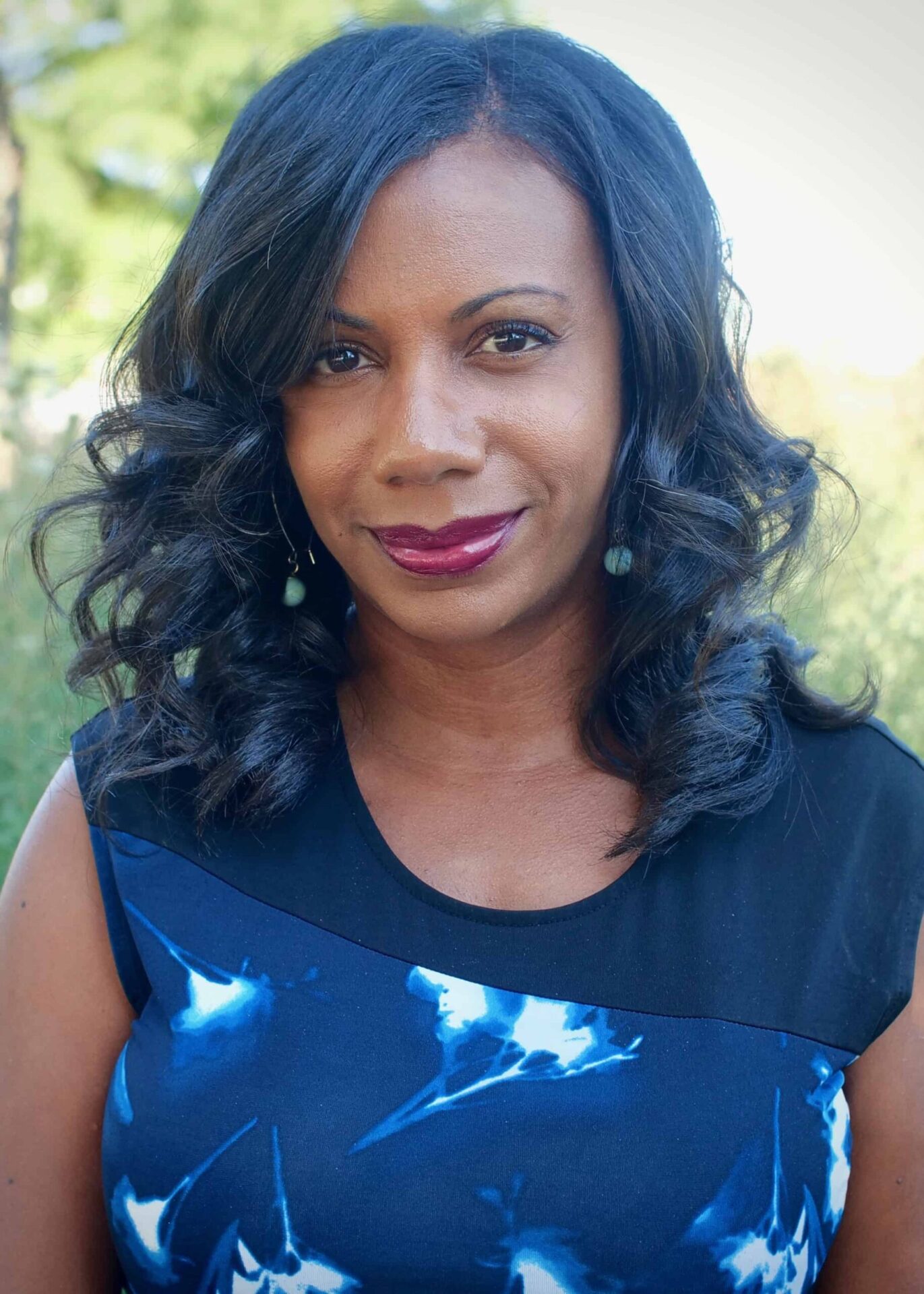This Q&A is part of Local Heroes: Journalists Covering COVID-19, PEN America’s series spotlighting local journalists across the country in celebration of World Press Freedom Day 2020, elevating the importance of a free, vibrant, and inclusive press.
Name: Natalie Moore
Outlet: WBEZ
City: Chicago, IL

What do you want your readers to know about what goes into the coverage they’re relying on?
We want to keep up with the breaking news aspect of the story, which changes daily. There are so many angles—public health, testing, health care workers, economic devastation, local political leadership response, and community resiliency.
What personal risks have you or your colleagues faced while covering COVID-19?
Our station leadership has been great about protecting us and creating an environment where we feel our physical and emotional needs are taken care of. Most of the staff is working from home, and we avoid going out in the field as much as possible—and have a number of precautions when we do.
“Marginalized and vulnerable communities will have a harder time recovering—which will need to be documented. We’ll need to keep tabs of where mutual aid and government resources are going in the long run.”
What do you consider to be the biggest threats to a free and vibrant press in the midst of this crisis?
Without a doubt, misinformation. I see false social media posts circulating. Some of the president’s press conferences have included misinformation, and that undermines the work of journalism. Rumors and conspiracy theories are easy for some to lean in on during a time of crisis.
As many newsrooms turn the bulk of their focus to COVID-19, they will lose the capacity to do much of the vital watchdog, accountability, and solutions journalism they normally do. What is one story you fear will be eclipsed by this shift? Are there any stories you’ve been working on that you’ve had to shelve?
On a Zoom video team meeting, I mentioned that we will likely not be covering anything else this year. Marginalized and vulnerable communities will have a harder time recovering—which will need to be documented. We’ll need to keep tabs of where mutual aid and government resources are going in the long run. I have accepted that projects that I wanted to work on this year will have to take a back seat.
The biggest threat we’re facing is “without a doubt—misinformation. I see false social media posts circulating. . . rumors and conspiracy theories are easy for some to lean in on during a time of crisis.”
What stories have you reported on that have given you the most hope?
Early in the pandemic, I did a digital story about ways people can help and ways people can get help. Watching people organize and raise money quickly is inspiring. I’m hearing from people who say things can’t go back to “normal,” and that there has to be a new way to protect society.
What books, poems, podcasts, or other creative media have you been turning to for comfort or inspiration?
In times of need, I always think about this Gwendolyn Brooks quote: “We are each other’s harvest; we are each other’s business; we are each other’s magnitude and bond.” I love reading children’s books to my almost-four-year-old. Music is a balm. Instagram Live DJs provide a wonderful service—I’ve been listening to D-Nice, Questlove (Stevie Wonder called him in the middle of a set dedicated to him), Benhameen, and Center.
About Natalie Moore
Natalie Moore covers segregation and inequality. Her enterprise reporting has tackled race, housing, economic development, food injustice and violence. Moore’s work has been broadcast on the BBC; Marketplace; and NPR’s Morning Edition, All Things Considered, and Weekend Edition. Moore is the author of The South Side: A Portrait of Chicago and American Segregation, winner of the 2016 Chicago Review of Books award for nonfiction and a Buzzfeed best nonfiction book of 2016, and the co-author of The Almighty Black P Stone Nation: The Rise, Fall and Resurgence of an American Gang, and Deconstructing Tyrone: A New Look at Black Masculinity in the Hip-Hop Generation. She writes a monthly column for the Chicago Sun-Times, and her work has been published in Essence, Ebony, The Chicago Reporter, Bitch, In These Times, The Chicago Tribune, The New York Times, The Washington Post, and The Guardian. Prior to joining WBEZ staff in 2007, Moore was a city hall reporter for The Detroit News. She has also been an education reporter for the St. Paul Pioneer Press and a reporter for The Associated Press in Jerusalem.
